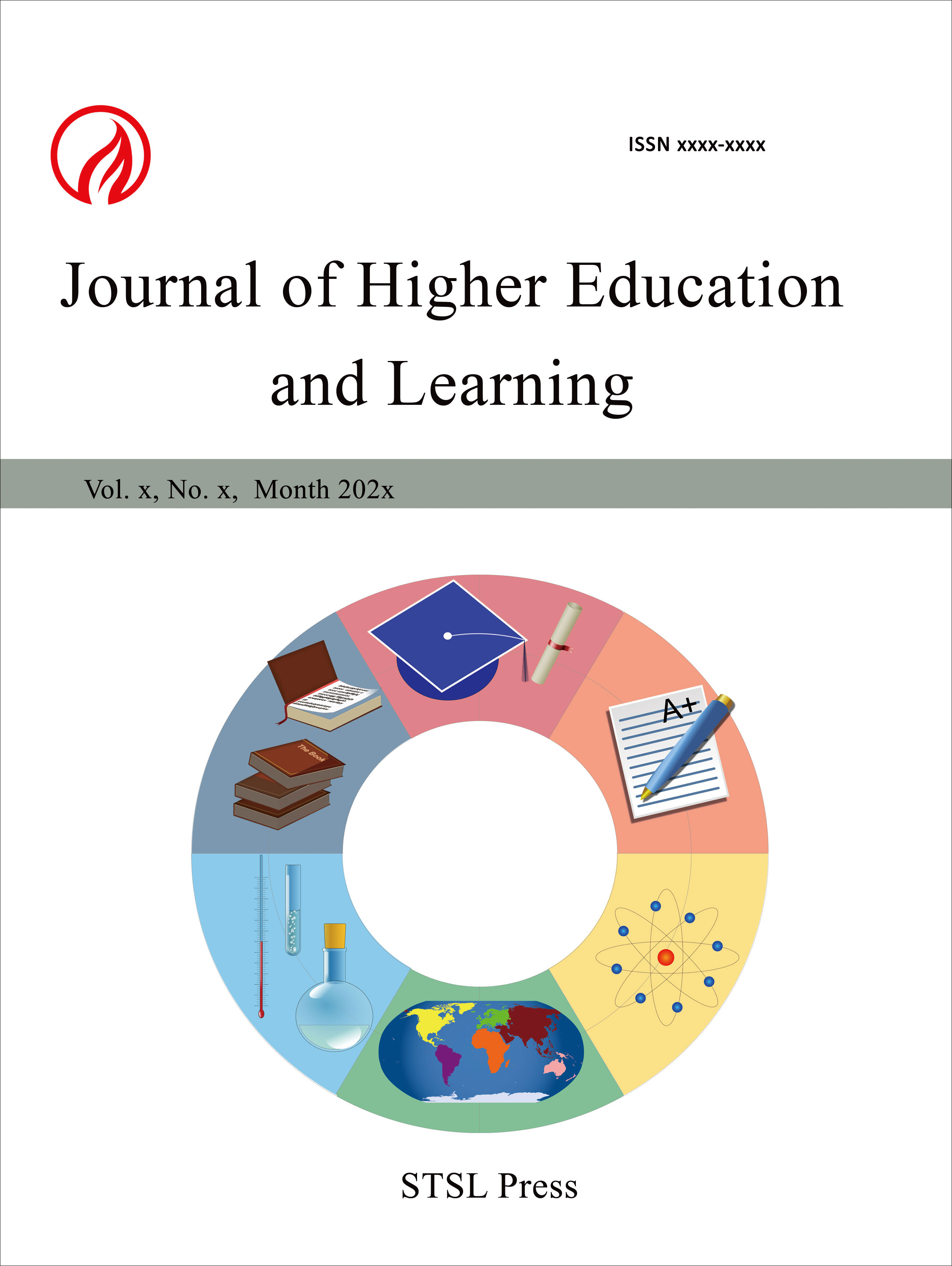Best Practices in Science Education: A Review of Current Research and Insights for Teacher Preparation
Susan L. Zimlich
Abstract
Best practices in science education emphasize inquiry-based teaching as essential for improving student learning and teacher preparation. Research consistently shows that student-centered models such as the 5E Learning Cycle and argument-driven inquiry outperform traditional direct instruction in developing scientific reasoning, conceptual understanding, and positive attitudes toward science. However, implementation remains limited by teachers’ perceptions of time constraints, curriculum mandates, inadequate professional development, and misconceptions about inquiry teaching. To prepare teachers who can effectively use these methods, teacher education programs must integrate inquiry pedagogy throughout teacher preparation rather than confining it to isolated courses. Effective strategies include explicit modeling, co-teaching, extended clinical residencies, and structured reflection. Administrative support and access to high-quality instructional materials further strengthen teachers’ ability to implement inquiry approaches. Drawing from experience as a university supervisor, the author notes that while high-quality curricula have expanded inquiry opportunities, challenges in fidelity and access persist. Sustained institutional support, collaboration, and early exposure are critical for fostering lasting change in science education.
Paper:
pdf
DOI:
https://doi.org/10.71002/jhel.v2n4p1
 This work is licensed under a
Creative Commons Attribution 4.0 License.
This work is licensed under a
Creative Commons Attribution 4.0 License.
Contact us
- Dane Butcher
- jhel@stslpress.org
